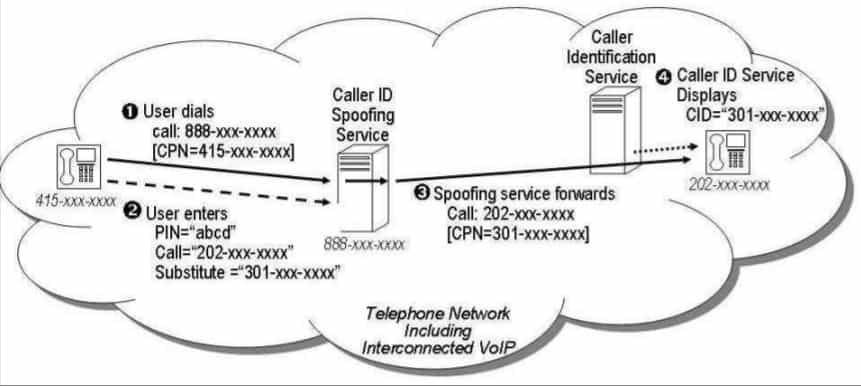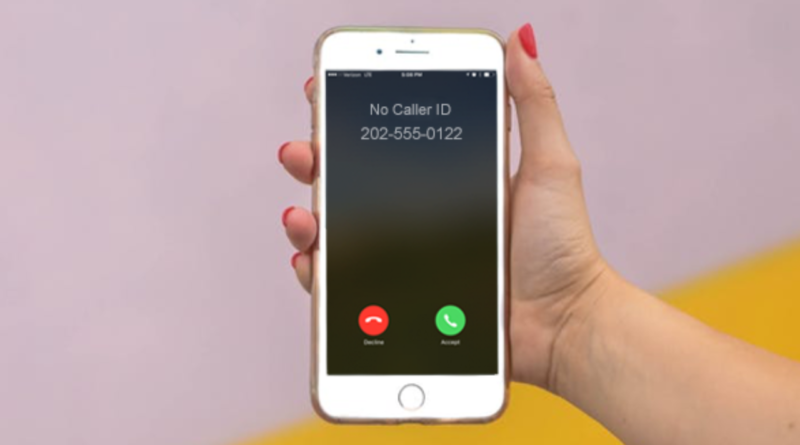According to a report, trials for the CNAP (Calling Name Presentation) caller ID service, aimed at reducing spam calls, have been initiated in a limited capacity in India.
Telecom operators in India have raised concerns about the difficulties associated with the mandatory implementation of CNAP (Calling Name Presentation) in the country.
Telecom operators in India have initiated limited trials of caller ID services in a few regions across the country. They are under pressure from the Telecom Regulatory Authority of India (TRAI) and the Department of Telecom (DoT) to introduce the Calling Name Presentation (CNAP) feature, aiming to mitigate fake and scam calls. Should these operators eventually implement the feature, customers in India might no longer depend on third-party caller identification apps.

CNAP testing begins in two regions in India
According to a report from The Economic Times, as cited by The Times of India, telecom operators in India have begun trials of the CNAP caller ID display service. Previously, TRAI had advocated for the implementation of CNAP on all mobile phones in the country, a proposal that faced resistance from the telcos.
The report indicates that these “limited tests” of the new CNAP service are currently underway in Mumbai and Haryana. However, it remains unclear which telecom operators are conducting the trials in these regions.
Both Airtel and Reliance Jio have raised concerns regarding the implementation of CNAP in India. Airtel cited potential “techno-commercial challenges” and emphasized the importance of complying with privacy laws. On the other hand, Jio cautioned about potential issues, including “increased load on signaling” and the possibility of latency and interconnection-related issues.
CNAP Caller ID: How it works
Once the CNAP caller ID service is activated, a user’s mobile phone will show both the caller’s phone number and their full name, which is collected by the telecom operator through the customer application form (CAF) and verified during the know your customer (KYC) process. This system is anticipated to reduce the prevalence of unwanted spam and scam calls in the country.

In a report published in February, the TRAI had previously suggested that telecom operators maintain a list of customer names and phone numbers to enable the use of the service. However, the proposal has encountered resistance from telecom operators such as Airtel, Vi, and Reliance Jio.
One of the concerns regarding the implementation of CNAP on all mobile phones is the capability of handset makers and software providers to gather caller information on a large scale. Operators like Airtel and Reliance Jio have also proposed that customers should be given the option to opt-in to the CNAP service, while making it obligatory for commercial and telemarketing numbers.

